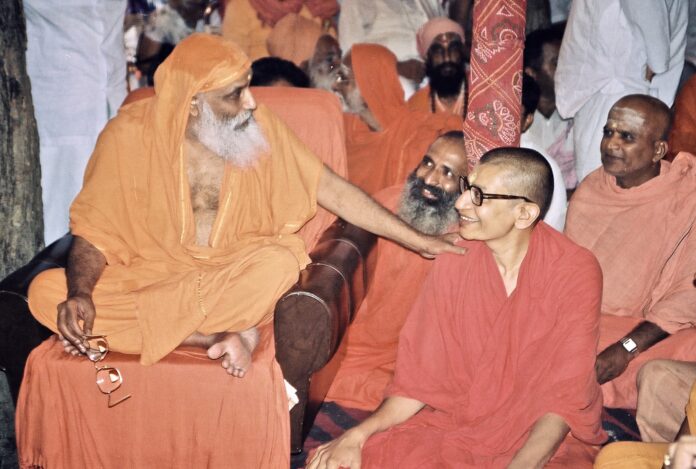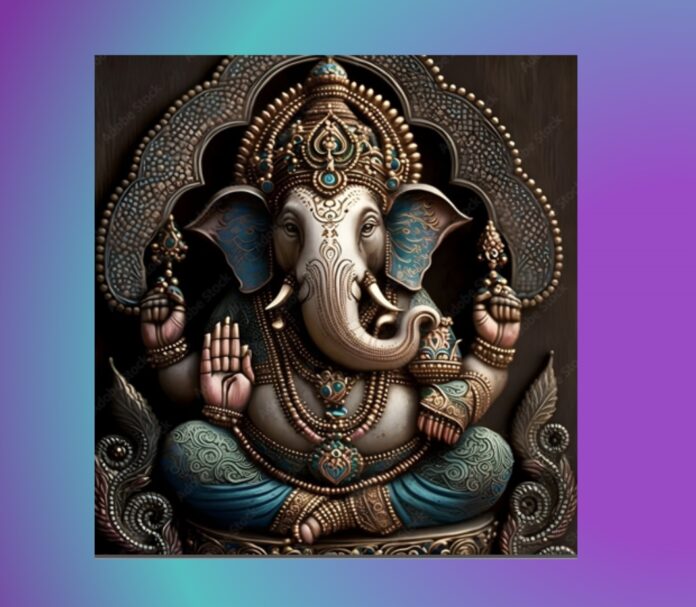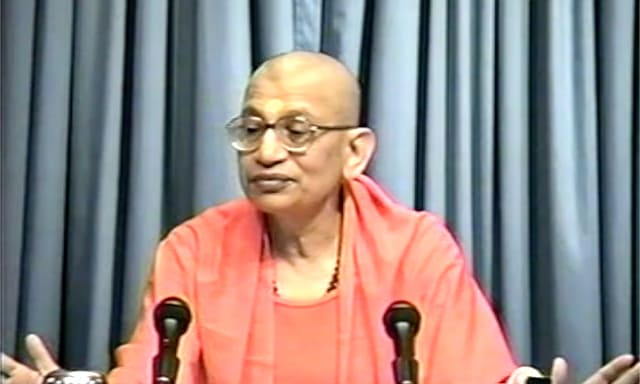Satsang with Sri Swami Viditatmananda Saraswati
Transcribed and edited by Chaya Rajaram, Jayshree Ramakrishnan, and KK Davey.
Question
Swamiji, graceful acceptance of the results of our actions is based on the inherent assumption that the results are given by Īśvara. In real life, however, we often suspect that the results are not dispensed by Īśvara, but by human beings who are unfair, biased, and sometimes, downright crooked. This gives rise to ‘righteous anger’. Is there an inherent contradiction between graceful acceptance and righteous anger?
Answer
Graceful acceptance means understanding a situation for what it is. You can then decide what you want to do. Assess the situation and then decide whether you want to fight it or not. How much are you willing to stick your neck out? How much risk are you willing to take? Be pragmatic and then decide what to do in a given situation. Thus, graceful acceptance does not preclude you from responding to situations.
Someone attributed India’s lack of progress to Mahatma Gandhi’s principle of non-violence; he should have fought his enemies rather than propagating non-violence. He was indeed a great fighter. He was never a docile person. He never failed to fight against injustice. His method of fighting, however, was different. He fought through the means of non-violence. He was definitely a fighter. That is what he taught the people. Thus, fighting against injustice is considered to be a righteous way of doing things.
We need not necessarily become angry in order to be able to fight. But you need to be firm. You must have a firm conviction. The cause must be worthwhile too. Sometimes, fighting is not worth it. You can just let it go. If the cause is worthwhile, it may be alright to put your energies into it. Thus, you have to be pragmatic and decide whether it is worthwhile to put your efforts and energies into fighting for a cause.
Acceptance does not mean resignation. It means understanding. When you fail the first time, you accept it gracefully. Then, you decide what you want to do. Did you learn something from this first experience and can you do it differently the next time? If you want to try again, go ahead and do it. It depends on how important the goal is. If the goal is worth investing your energies and emotions in, you may want to try repeatedly. Some of these goals may not be that worthwhile. Or there may be other options available. Or you may feel that the goal is perhaps not attainable. You are the best judge of what needs to be done in a given situation. I don’t think there is a rule as to whether you keep trying repeatedly or you quit trying. Each individual and every situation is unique. Whatever decision is to be made, make it with an objective mind.
Graceful acceptance gives us an objective mind, a non-reacting mind, and a non blaming mind. That is what is meant by graceful acceptance. Resigning to a situation is not graceful acceptance. When I resign to a situation, it means that I have not accepted it gracefully. I have accepted it grudgingly, not gracefully.
Question
Swamiji, when we try to practice graceful acceptance, doesn’t it actually increase our ego to the point where we think we are the doer and that we have the will and the power to control our reactions? Doesn’t it create an attitude that is opposed to surrender?
Answer
Acceptance is the ability to see the reality for what it is and to drop your resistance. It means dropping your resistance to reality. Dropping the resistance implies dropping your ego. When you resist a situation, you essentially want the situation to be different from what it is. That is ego. On the other hand when you gracefully accept the situation, you are, in effect, dropping your resistance, which means you are dropping your ego. Therefore, graceful acceptance can never amount to a strengthening ego.
If you are able to control your reaction, that is good. You can, in fact, derive satisfaction from your ability to control your reaction. It is not ego, but genuine satisfaction. You can enjoy your ability to exercise self-control. Being thankful for achievements, like self-control, will enable us to keep our ego under Check.
Question
How do we accept all the injustice done to animals by human beings?
Answer
By our acceptance, we are not sanctioning or condoning events or situations. Acceptance really means understanding the situation as it is, being objective, and responding to the situation appropriately. It does not mean that we should not do anything about it. That is not what we mean by acceptance. Acceptance means that we do not react out of anger or frustration.




